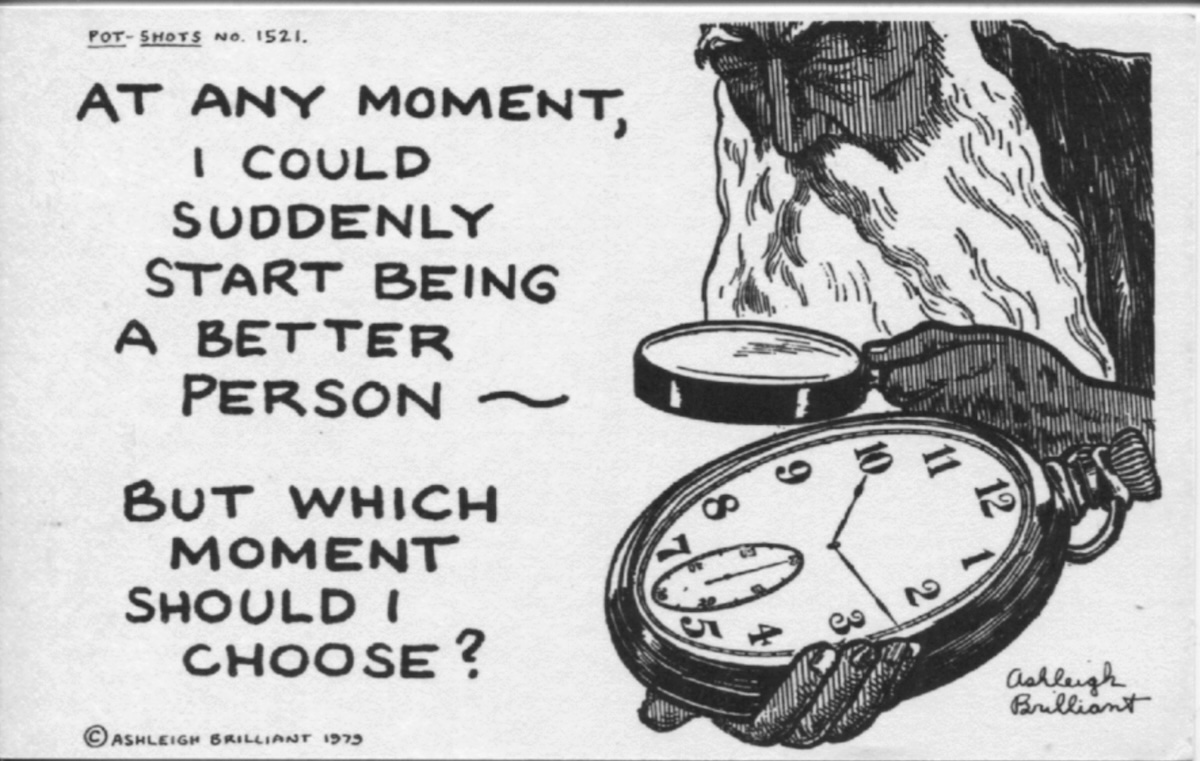Reasoning

There are people (you may be one of them) who believe that there must always be a reason. By their standards, God has his own reasons for everything that happens, even if they are not obvious to us. It is comforting to believe in such a reasonable God.
Alfred Lord Tennyson, who had been Poet Laureate of England since 1850, gave us another way of looking at these matters. His famous tribute “The Charge of the Light Brigade,” celebrates an 1854 event of what History calls the Crimean War, in which 600 British cavalry troops were ordered to charge an emplacement of Russian artillery. It turned out that the order had been a mistake, which was evident to the troops.
“Forward, the Light Brigade!”
Was there a man dismayed?
Not though the soldier knew
Someone had blundered.
Theirs not to make reply,
Theirs not to reason why,
Theirs but to do and die.
Into the valley of Death
Rode the six hundred.
The best-known lines are those about not reasoning why. Is life really like that? Ever since the Nuremburg War Crimes Trials after World War II, the question of obeying orders has been highly debatable. But doesn’t life itself place us all in an essentially unreasonable situation, in which our predicament makes no sense – but we still have to go through with it anyway?
Maybe that’s how it appears in the long run. But in the short run of our day-to-day lives, and in the world of theory and logic, things can make a lot of sense. The best example I can think of this is in the world of mathematics, and particularly of Geometry. In that area, everything is perfectly reasonable, so long as you accept some basic assumptions, such as the meaning of a “point” and a “line.”
And that is the nub of all reasoning. You must first accept something that doesn’t have to be proved. The most famous example was propagated by a French philosopher named René Descartes (1596-1650). He asked the question, ‘how do we know anything at all?’ – and posited that we must first know that we ourselves exist. And how do we know that? Descartes surmised that our interiority, our inner thoughts, make us aware that we have a mind. Hence his famous proposition: In Latin, “Cogito, ergo sum.” In French, “Je pense, donc je suis.” In English, “I think, therefore I am.” The whole era in which Descartes flourished has come to be known as “The Age of Reason.”
But what is reason? Men and women are notorious for having different ideas about this. It is almost a standard situation in comedy for a husband to be pleading with his wife to be “reasonable.” But in general, when we talk about anything being permitted “within reason,” we generally mean “within acceptable limits.” One expression we use in trying to define what is reasonable is “common sense.” Unfortunately this applies (if it does) only within a particular culture. What’s common here, among us, may seem very uncommon among them, over there.
Another famous poet, T. S. Eliot – whom you may know best from his despairing post-World War I poem “The Waste Land” – also wrote a historical verse-drama called “Murder in the Cathedral.” The “Murder” which it reenacts took place as long ago as 1170 A.D., and the victim was Thomas Becket, who as Archbishop of Canterbury held the highest office in the English Church at that time. As Eliot wrote about that event,
“The last act is the greatest treason –
To do the right deed for the wrong reason.”
I’m embarrassed to have to admit that I really don’t understand what this means – and, since Mr. Eliot died in 1965, I don’t know how to find out. If any of my readers can help me, I’d be very grateful. Does it refer to the fact that the four knights who did the killing were, as they thought, simply and lawfully obeying the wishes of the King (Henry II) – making it “the right deed.” Or was it all a mistake, a big misinterpretation of what the King had said, and therefore “the wrong reason?” The King himself, when he heard the news, tried to wriggle out of the whole situation, denying his own responsibility. But it was too late. The slain Archbishop had already been declared a Saint by the Pope, and the place of his martyrdom would become a shrine (to be visited by reverent Pilgrims, such as those in Chaucer’s Canterbury Tales).






